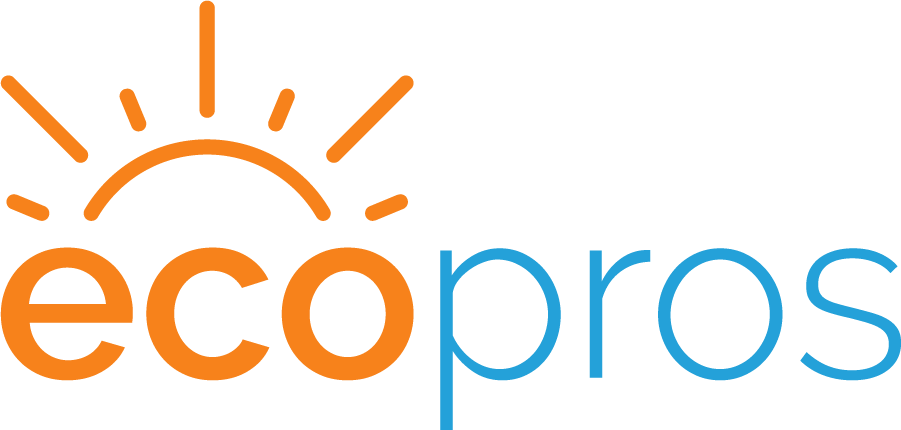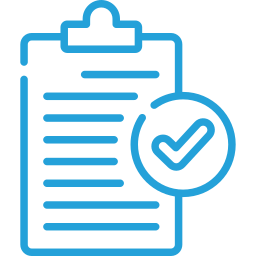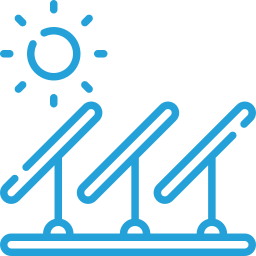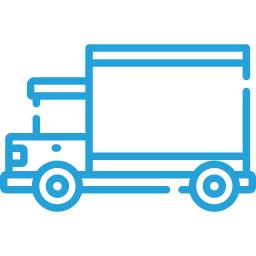Services
Solar Financing
Going solar with little or no money upfront is possible, whether for a home, business, non-profit, or community center. Learn more about the funding options for solar installation projects by researching. Make the best decision for you by understanding the differences between owning and financing solar panels.
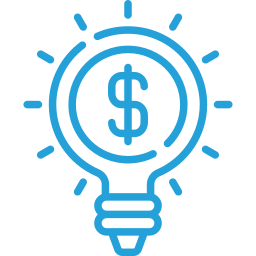
Green Loan
You can receive a solar loan and pay for your house solar panels with no money down. With a low set monthly payment, you can lock in your money. To take advantage of tax credits and rebates, you must own your solar panel installation. The Solar Loan is also like having a blank check to purchase the solar panel system you require.

Home Improvement Loans
Whether or not you're being questioned about financing, homeowners seek ways to achieve their solar objectives. Many homeowners believe that to qualify for a home improvement loan, they must have equity in their home. The FHA Title-1 Home Improvement Loan for Solar is for persons who have or don't have any equity in their home.

Leasing
Because a solar lease is a long-term contract with a lot of fine print, it's crucial to study the fine print and compare it to buying solar panels outright, even with a home equity loan or a special solar loan.
The most straightforward way to assess a solar lease or Power Purchase Agreement (PPA) is to see if your monthly lease payment PLUS your new electricity bills are less than your current electricity prices. The majority of solar lease agreements do not demand any upfront payments.
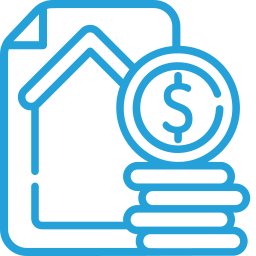
Home Equity
Another great option to finance a solar panel system, aside from paying cash, is to use the equity in your property. Compared to alternative solar financing options such as a solar lease or a solar power purchase agreement, the interest rate and lifetime cost are very cheap. Most people don't want to pay more for solar power than they have to, and a home equity loan can offer you the purchasing power you need to make an innovative solar panel investment.
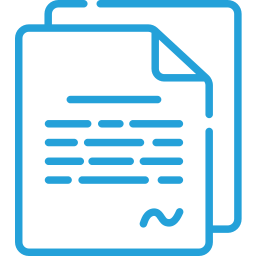
Power Purchase Agreement
A Power Purchase Agreement (PPA) is a type of solar financing in which the solar system on your property is owned by someone else, and you pay for the energy it generates. Previously, this was only done on large commercial systems with a capacity exceeding 100 kW, but it has recently become typical for domestic solar panel systems. The economics are straightforward to examine because it is a monthly electricity price; if it is less expensive than the rate on your electric bill, you can save money. This, combined with the fact that power purchase agreements often have no upfront costs, has made them extremely popular.
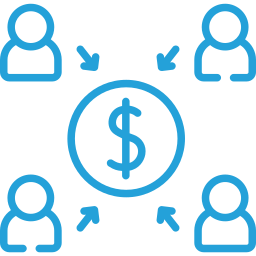
Crowd Funding
Thanks to distributed solar electricity and online donations, your community center can go solar. Crowdfunding (also known as crowd financing, equity crowdfunding, or hyper fundraising) is a term used to describe a group of people who band together and pool their resources, mainly over the Internet, to support the efforts of other people or organizations.
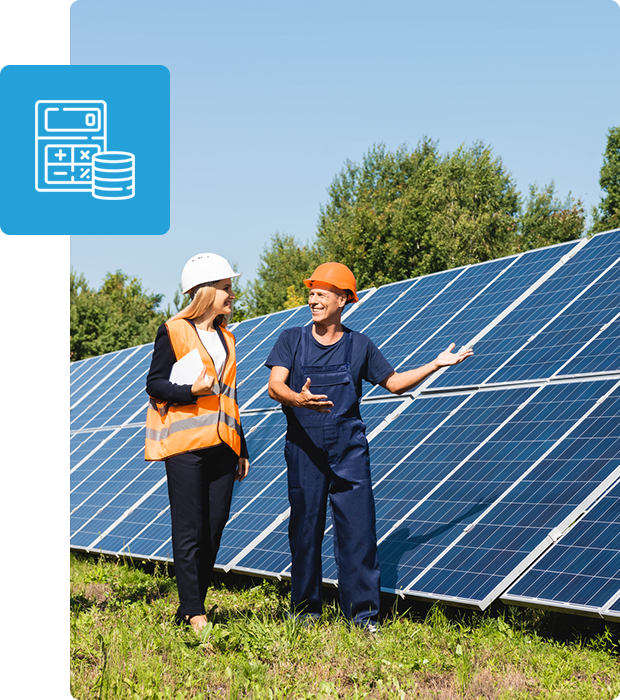
Solar Financing
Solar Panels: Owning vs. Financing
It's only logical to be skeptical of anyone giving free money, especially with many leasing offers that highlight a "no money down" feature.
The total value of payment methods, which considers the 25-year guarantee period or even longer estimated lifecycle of solar panels, has shown to be the most effective way to evaluate owning vs. financing or leasing a solar power system.
Here are some uncomplicated steps to help you compare your options:
